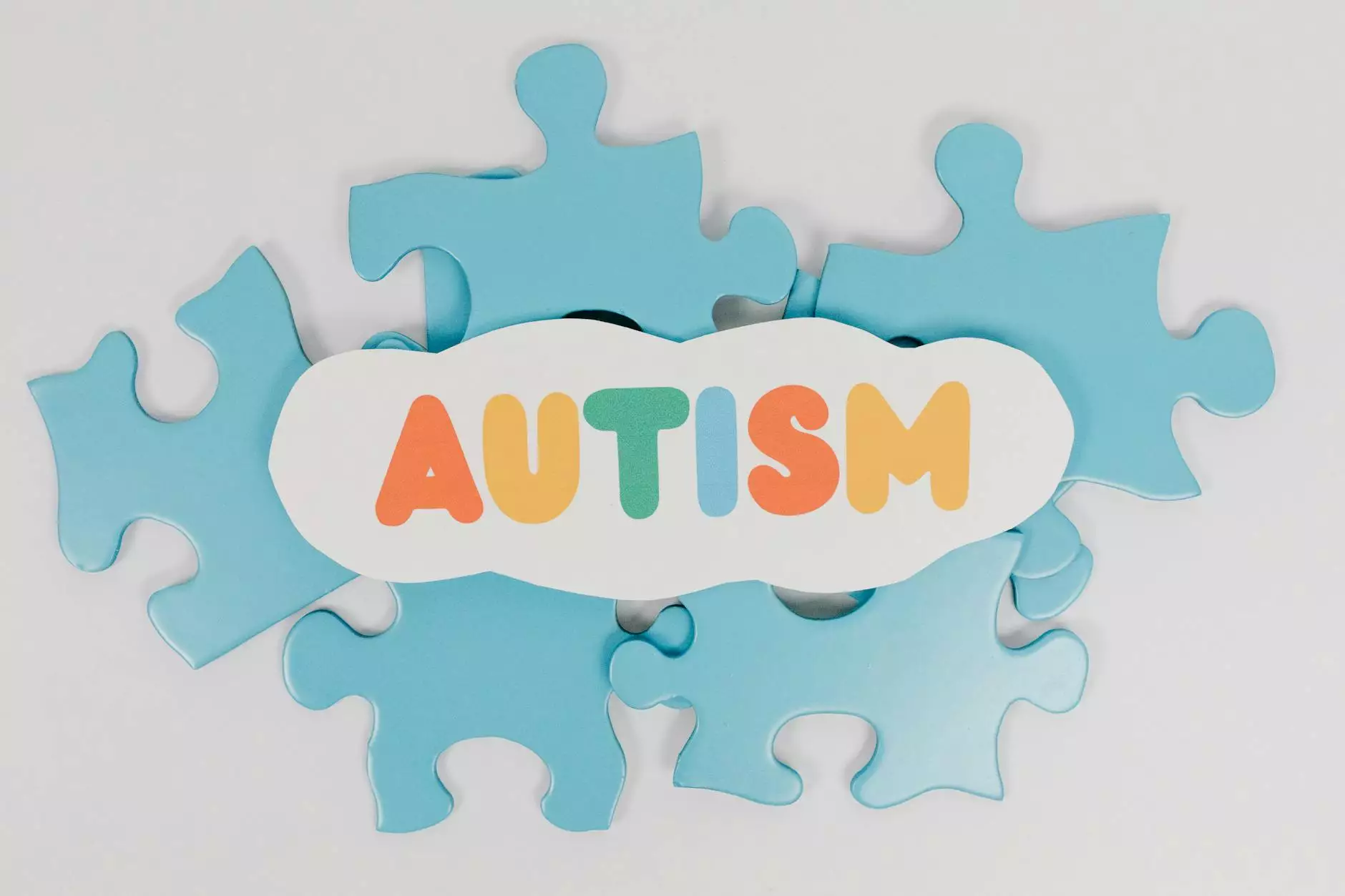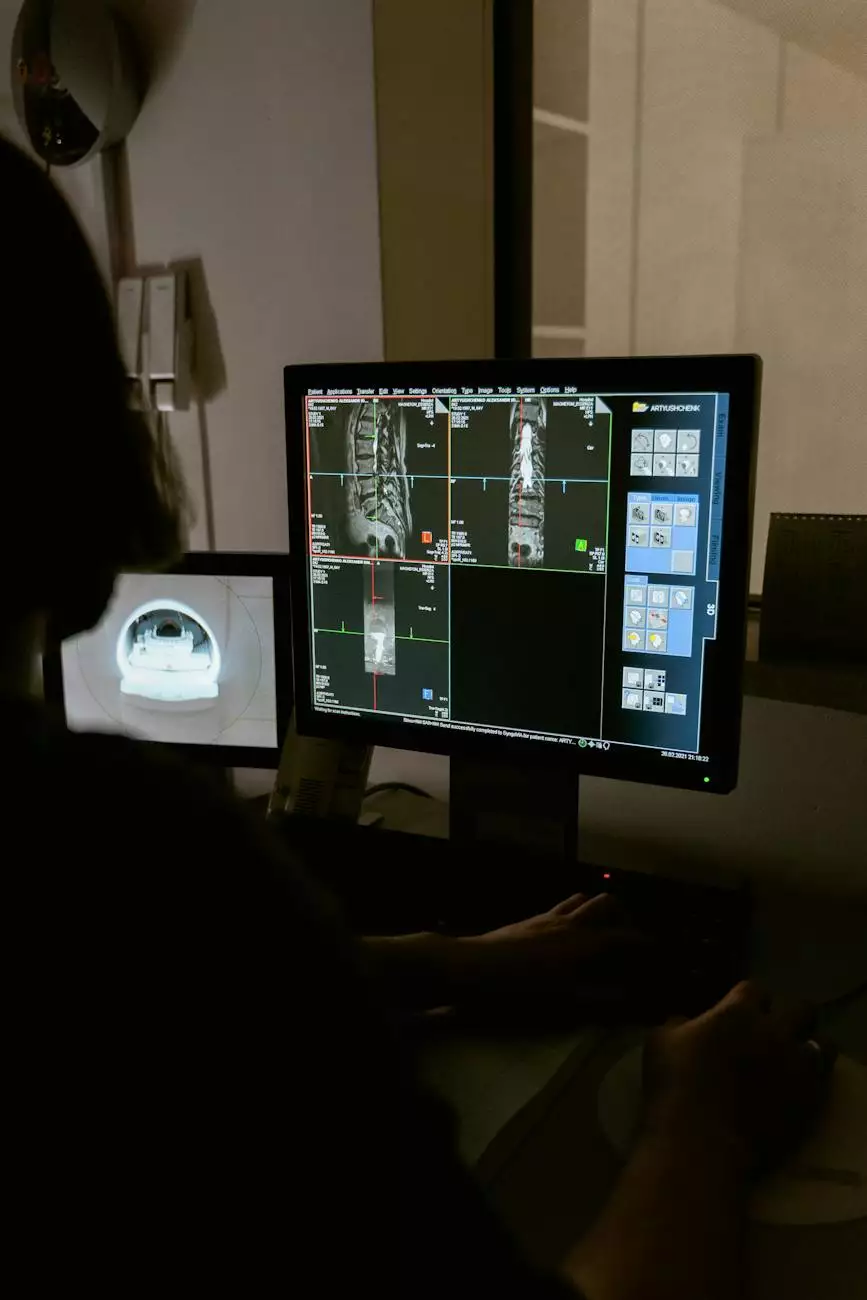Five Ways You Can Prevent Birth Defects
Health
Introduction
Welcome to Kelley Tim PA-C, your reliable source of information on preventing birth defects and ensuring a healthy pregnancy. In this comprehensive guide, we will explore five effective strategies to minimize the risk of birth defects and promote the well-being of both mother and baby.
1. Maintain a Healthy Lifestyle
Adopting a healthy lifestyle before and during pregnancy is crucial for preventing birth defects. Start by following a balanced diet rich in essential nutrients, including folic acid, iron, and calcium. Consult with your healthcare provider on proper nutrition and any necessary supplements.
It is also important to engage in regular physical activity, such as walking or swimming, as long as your healthcare professional approves it. Avoid smoking, alcohol, and illicit drugs, as they significantly increase the risk of birth defects.
2. Attend Regular Prenatal Care Checkups
Prenatal care plays a vital role in preventing birth defects and ensuring a healthy pregnancy. Regular visits to your healthcare provider allow them to monitor your health and detect any potential issues early on.
During these checkups, your provider will perform various tests and screenings, including ultrasound scans and blood tests, to assess the development of your baby and identify any potential birth defects. Follow their recommendations closely and communicate any concerns or symptoms you experience.
3. Manage Existing Medical Conditions
If you have pre-existing medical conditions, it is crucial to manage them effectively during pregnancy to minimize the risk of birth defects. Consult with your healthcare provider about how to best control conditions such as diabetes, hypertension, or epilepsy.
Additionally, ensure you take any prescribed medications as directed by your provider. In some cases, it may be necessary to adjust dosages or switch to alternative medications that are safer during pregnancy. Your healthcare professional will guide you through these adjustments and monitor your condition closely.
4. Avoid Harmful Substances and Environmental Hazards
Exposure to certain substances and environmental hazards can increase the risk of birth defects. It is important to steer clear of harmful chemicals, such as pesticides, lead, mercury, and solvents. Follow safety guidelines and take necessary precautions if you work with or are exposed to such substances.
Furthermore, limit exposure to radiation, including X-rays and CT scans, unless absolutely necessary and with proper shielding. Avoid contact with infectious diseases and ensure vaccinations are up to date to protect both yourself and your baby.
5. Genetic Counseling and Testing
Genetic factors can contribute to the risk of certain birth defects. If you have a family history of genetic conditions or are concerned about potential inherited risks, consider seeking genetic counseling. A genetic counselor can assess your family history, provide valuable insights, and recommend appropriate genetic testing.
Genetic testing can help identify any underlying genetic abnormalities and provide you with a better understanding of the potential risks involved. This information allows you and your healthcare team to make informed decisions and plan for any necessary interventions or treatments.
Conclusion
Preventing birth defects requires a proactive approach and a strong partnership between you and your healthcare provider. By maintaining a healthy lifestyle, attending regular prenatal care checkups, managing existing medical conditions, avoiding harmful substances and environmental hazards, and considering genetic counseling and testing, you can significantly reduce the risk of birth defects and promote a healthy pregnancy. For more personalized guidance, consult with Kelley Tim PA-C, your dedicated healthcare professional specializing in maternal health.




